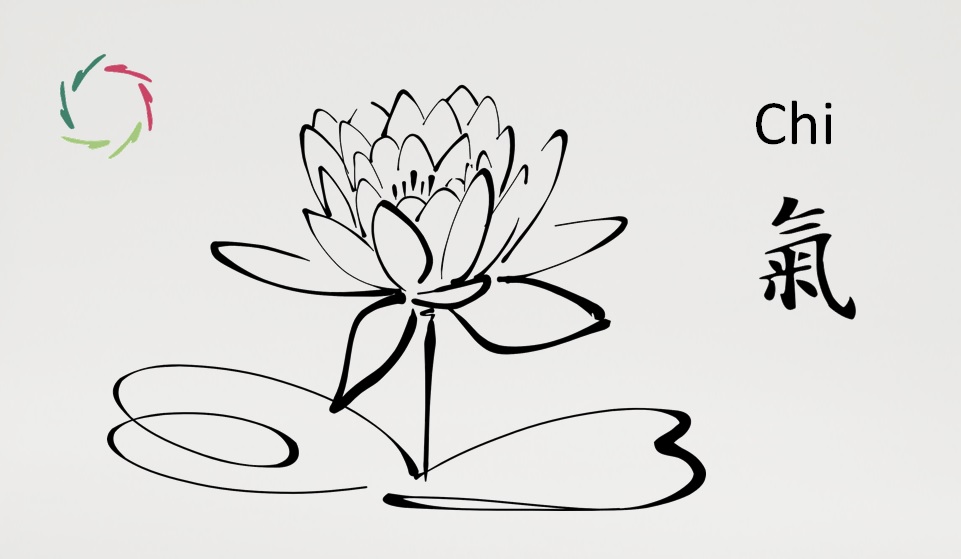Is Psycho-Somatics Medicine?

Psycho-Somatics is the realm of body-mind-unity in health and healing. The medical take is part of it, not the other way around.
About the psyche in health and healing
This is about much more than conscious awareness of mind-matters.
For instance, one cannot consciously decide for a placebo effect to happen. Also, one cannot readily conceptualize what happens through empathy, let alone Compassion.
What remains is a superficial view of the mind and how this might influence health. As a matter of fact, not much comes out of this.
Little interest from the medical field
The term/concept psychosomatics has migrated to functional syndromes, then to medically unexplained symptoms [see: “MUS“], downgrading the role of the psyche. I stubbornly use psycho-somatics.
There is no education in psycho-somatics at universities in Belgium, and, as far as I can see or hear or read, there is barely any in the Western world.
Practically no practitioners in any somatic field of medicine are personally interested in psychogenic issues of illness, nor in a view on the psyche as substantial support in the healing process except in vague terms and in a vague way.
‘Bedside manners,’ as far as they practically exist. They do, but many people have different experiences with their medical caregivers, whatever the cause: lack of interest, time, remuneration, continual support, the science itself.
Far-reaching.
The psychological view on people’s being-ill as it shows in physical symptoms and signs is probably substantially more important than the physical view. It can lead to more relief of suffering and better health.
This doesn’t say that the somatic view is of little importance in absolute terms. It ‘only’ says that the psychological perspective is even more so.
Two possibilities to proceed from now
These are:
- Much attention goes to the psyche within medicine, doctors getting a proper education, and showing profound interest.
- Or the psyche should be regarded as openly outside the expertise of physicians, as it starkly is now all too frequently. In this option, physicians officially become science-minded technical personnel. Their mind-relatedness is then of the same nature as a dummy placebo pill, such as a milk powder painkiller.
or a combination of these.
Mind-mindedness demands a lot of work and willingness.
Practically challenging is that the individual physician remains responsible for doing so. Since many are not interested, at least, one should openly acknowledge that much work lies ahead.
There is not much Compassion in much of medicine.
Paradoxically, this is also the reason why there is so much somatic work in medicine. With no proper view on psychic depth, this does not tackle the cause of psycho-somatic issues. No wonder these return as such, or stronger, in a different form, or after a long time, with possible in-between vagaries in other domains, such as aggression or criminal acts. Only with a severe lack of Compassion can one be an insider and not see the porous borders of medicine to other sociocultural domains.
Purely somatic work in psycho-somatics is contra-productive, iatrogenic: making people ill instead of better, even though, ironically, patients also may not notice.
The solution: more Compassion everywhere?
More Compassion is warranted on the somatic and mental side of healthcare. Additionally, there is much rationale specifically for a deeply Compassion-based side.
This, in combination with optimal communication between the three, may be an ideal take on healthcare for the future.


